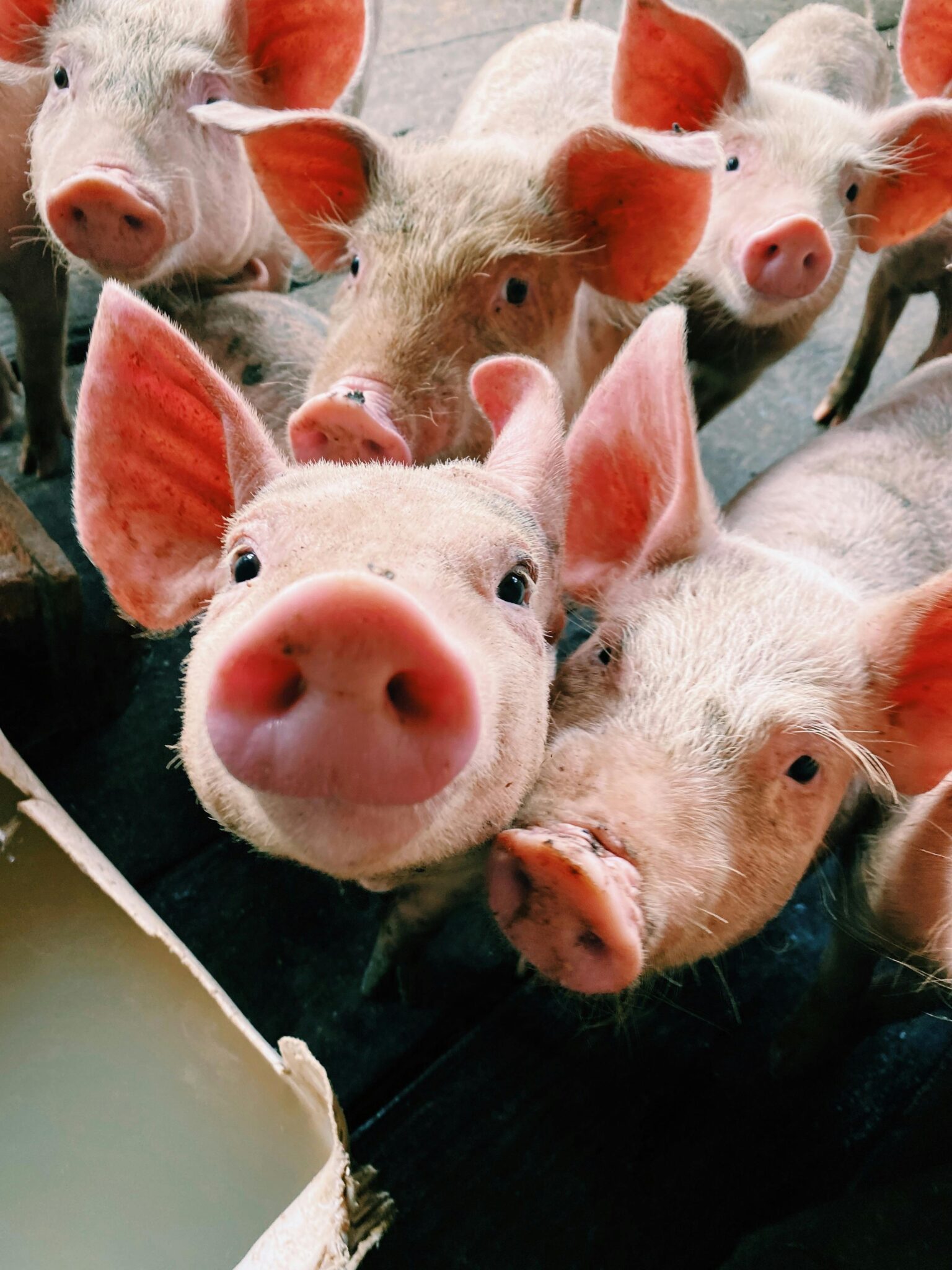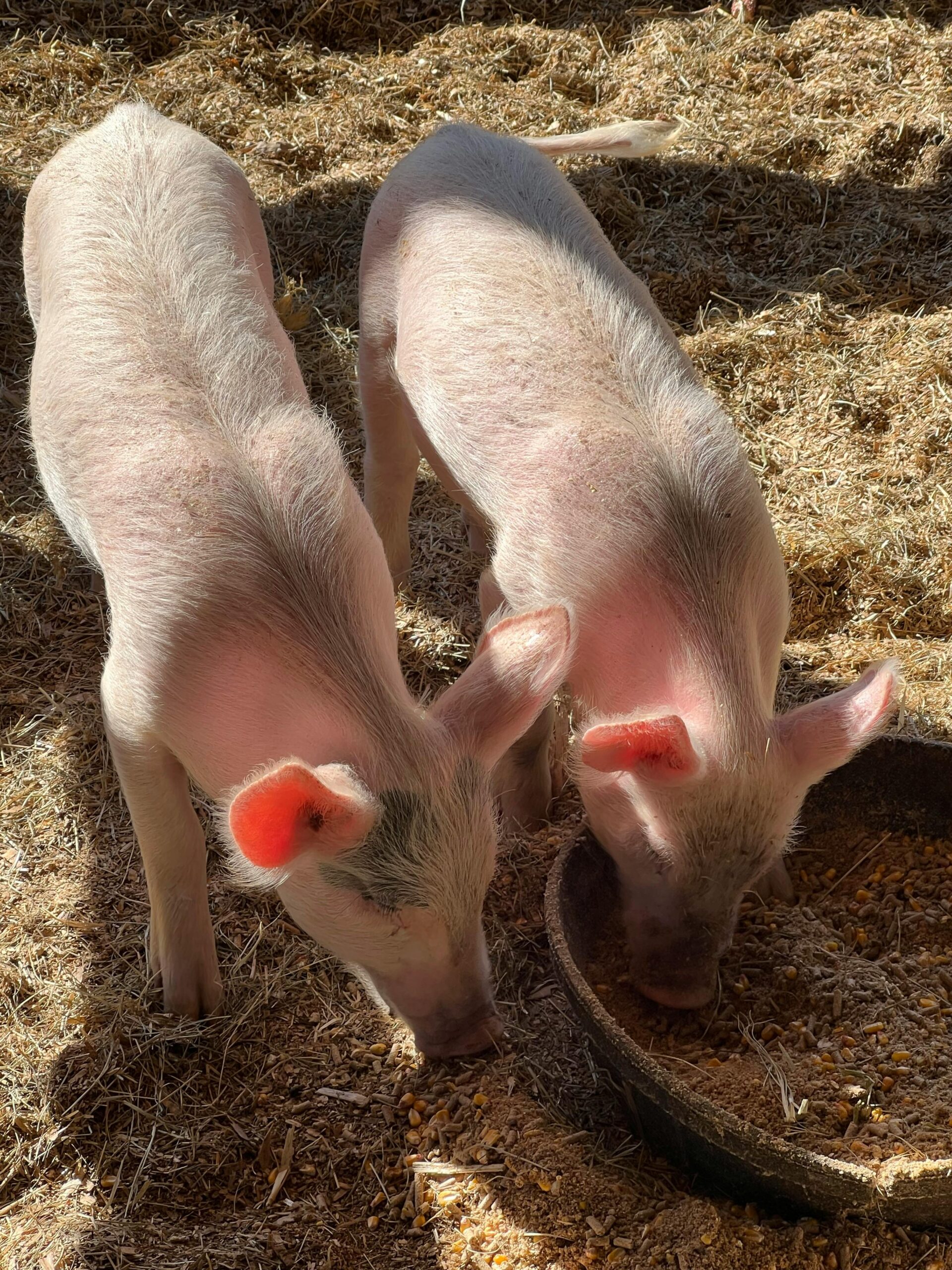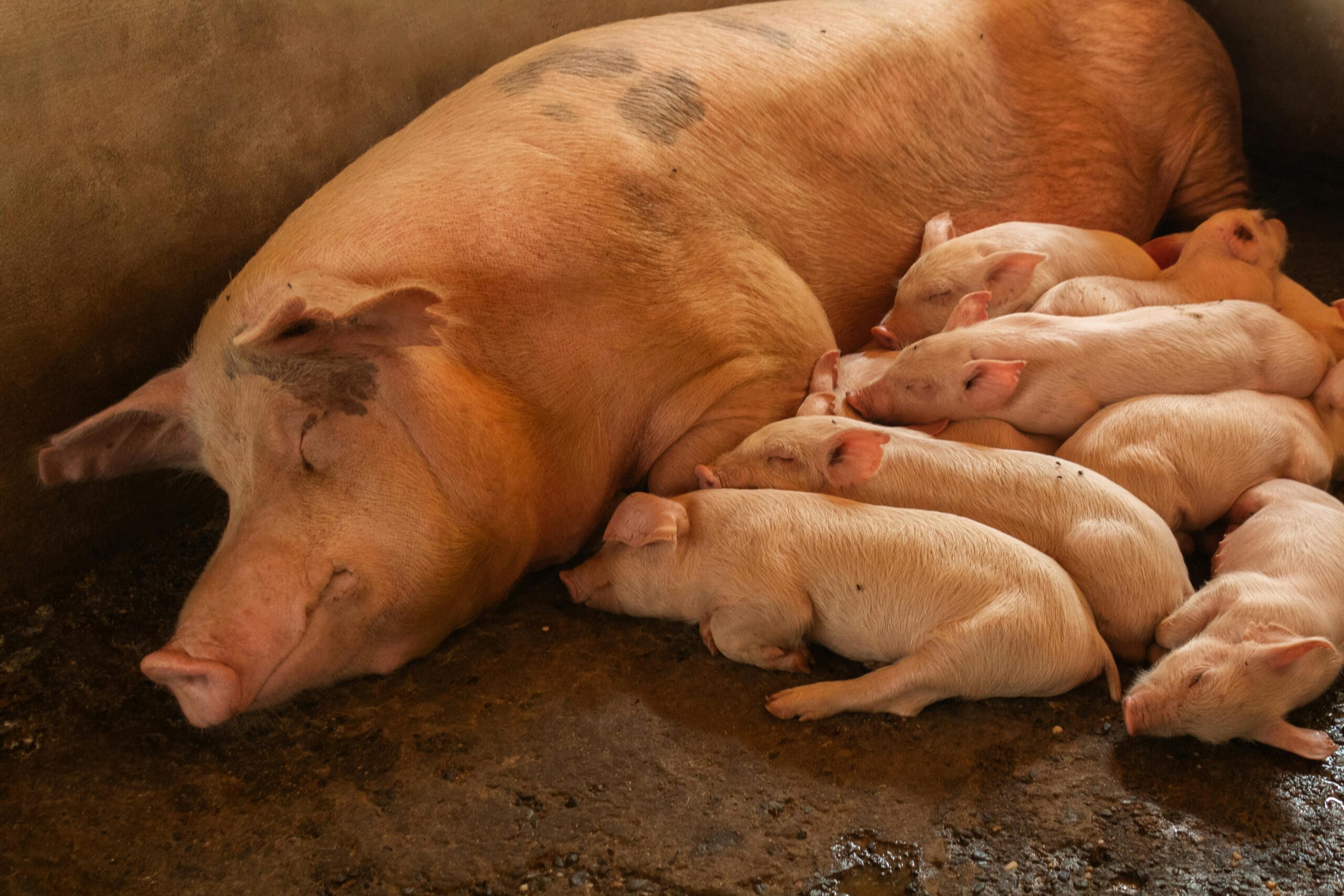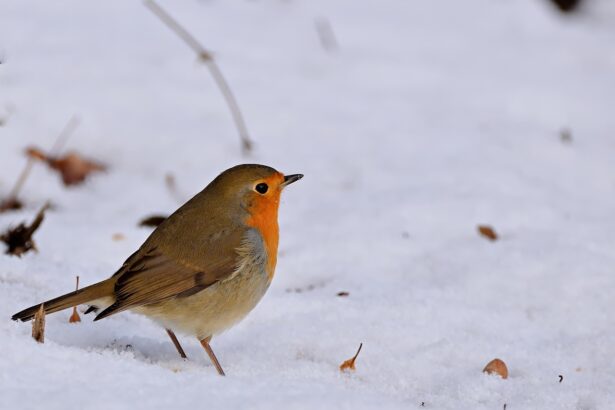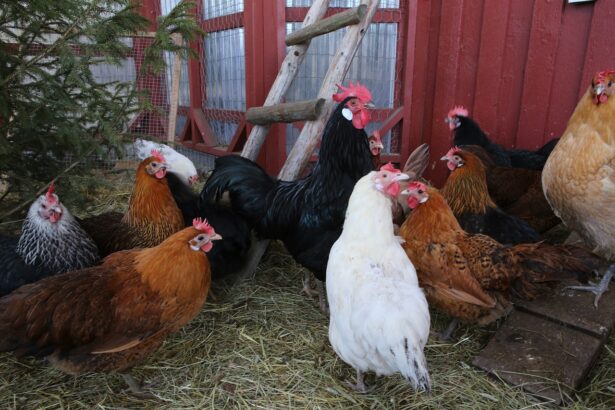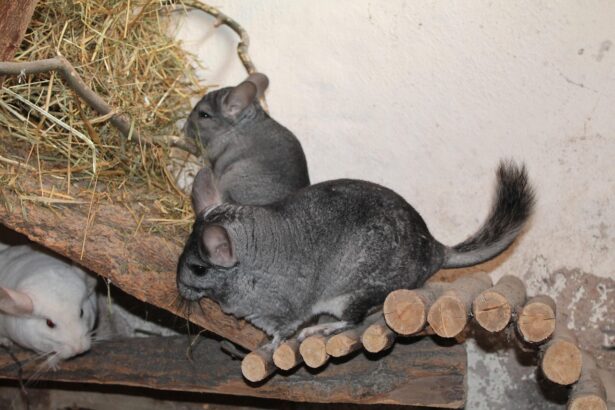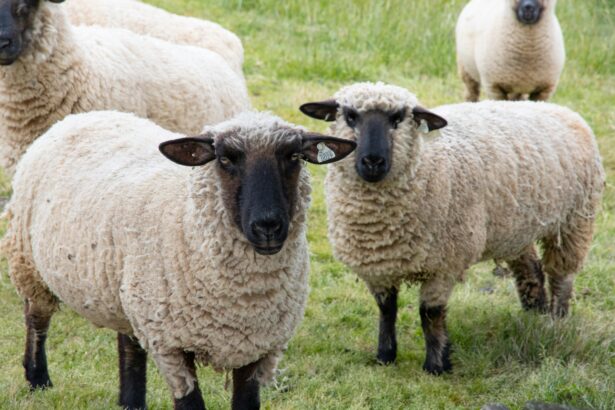Pigs are much more than farm animals they are curious, clever, and full of personality. Many people are surprised at just how intelligent and social they are (often compared to dogs!). Whether you’re raising pigs for meat, breeding, or simply enjoying rare breeds on a smallholding, understanding their needs is essential.
Happy pigs are healthy pigs and they’ll show it through their playful rooting, tail wagging, and constant chatter.
Popular Pig Breeds
| Breed | Traits |
|---|---|
| Large White | Hardy and adaptable, fast growing, and often used in commercial systems. |
| British Saddleback | Black with a white saddle, calm temperament, excellent mothers, and great for outdoor keeping. |
| Tamworth | Known as the ginger pig, very active and hardy; love to forage and root. |
| Gloucestershire Old Spot | Gentle, spotted, and often nicknamed orchard pigs very docile and friendly. |
| Oxford Sandy and Black | Also called Plum Pudding Pigs for their sandy and black markings; hardy and great for smallholders. |
Housing & Shelter
Sturdy Housing: A pig ark or strong shed is essential. Pigs are powerful and can test weak structures.
Dry & Draft Free: Ventilation is key, but draughts should be avoided.
Space to Roam: Pigs are happiest when they can root, wallow, and move about freely.
Mud Wallows: Not just for fun! Mud keeps pigs cool in summer and protects their skin from sunburn and parasites.
Bedding: Straw is best warm in winter, fun to burrow into, and easy to refresh.
Diet & Feeding
Pig Nuts/Pellets: Provide a balanced ration suitable for their age and purpose (weaners, growers, or sows).
Foraging: Grass, roots, and natural grazing are excellent for enrichment.
Fruit & Veg: Great treats, but avoid too many sugary items.
What to Avoid: Never feed salty, mouldy, or processed food scraps (illegal in the UK for pig welfare and disease prevention).
Fresh Water: Pigs need large amounts daily ensure easy access with sturdy troughs or nipple drinkers.
Health & Welfare
Parasite Control: Worm regularly and check for lice.
Vaccinations: Depending on your system, vaccines may be needed (vet advice recommended).
Hoof & Tusks: Most pigs wear down hooves naturally, but checks are needed. Boars may need tusk trims.
Observation: Daily checks for injuries, coughing, skin issues, or changes in appetite/behaviour.
Social & Behavioural Needs
Never Alone: Pigs are herd animals and suffer if isolated. Keep at least two together.
Play & Enrichment: Logs, tyres, rooting areas, or even balls keep their clever brains busy.
Human Bond: Pigs can form strong bonds with their keepers and enjoy scratches, belly rubs, and routine interaction.
Daily Care Checklist
✅ Fresh food and plenty of clean water
✅ Bedding checked and refreshed
✅ Space for rooting, grazing, or wallowing
✅ Body condition and health monitored
✅ Companionship and enrichment provided
Final Thoughts
Caring for pigs is rewarding and fun but it also comes with responsibility. They’re strong, intelligent animals with big needs and even bigger personalities. Whether it’s the spotted charm of a Gloucestershire Old Spot or the ginger mischief of a Tamworth, one thing’s certain: look after pigs well, and you’ll discover just how loveable they really are.

